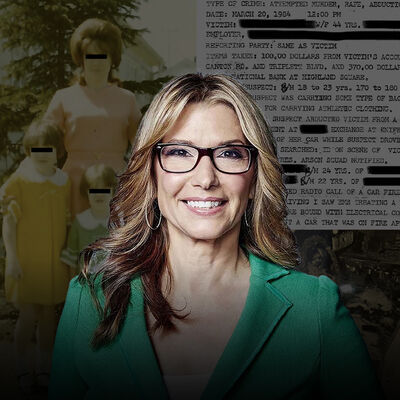
Why My Daughter Will Grow Up Reading The Classics
My daughter is only a few months old, hardly the age to begin reading with, much less understand a word I am reading. And yet, I am already collecting books to read to her, and for her to read when she is older. And as I peruse my local used bookstore, I find myself always heading straight for the “classics.” You know them - Alice in Wonderland, Little Women, Anne of Green Gables, and so on.
There are no doubts about the benefits of reading, and so I hope to teach my daughter how to read at an early age, equipping her with the tools she needs to read even before she goes to school. The truth is, we need more readers in today’s technology-obsessed society. In the time that I lived in New York City, I used to find renewed faith in humanity whenever I encountered a fellow book reader on the subway pulling a paperback out of his or her bag instead of an iPhone. (Although perhaps nobody but me was crazy enough to pull out a massive copy of The Count of Monte Cristo, understandably.)
I want my daughter to be a reader, and while I cannot force her to love reading, I can foster a love of reading. In particular, a love of the classics. They are classics for a reason, after all. They teach invaluable lessons about life, love, family, friendship, loyalty, courage, and perseverance, to name a few. Pip teaches that money doesn’t buy happiness in Great Expectations. Dorothy had to have great perseverance to keep following that yellow brick road in The Wizard of Oz. Little Women teaches the importance of family, generosity, and forgiveness. And if I’m lucky, hopefully she will never want to grow up after reading Peter Pan.
One publishing company, Gibbs Smith, recognizing the importance of the classics for little ones, has grown quite successful by creating a book series of “classics” for very young children called “BabyLit.” These books introduce toddlers to authors such as Jane Austen, William Shakespeare, and Mark Twain by teaching them things such as emotions or colors in a fun, easy manner (and in a way that reflects the stories themselves, making them very entertaining for the parent who actually knows and loves the story of Pride and Prejudice or The Jungle Book). I simply love this idea of classics for young children!
And how does one cultivate a love of reading? It starts by encouraging a love of wonder and imagination. By playing with our children from an early age and helping them pretend to be pirates or princesses, we teach them how to have an active imagination and how to dream. Storytelling, make-believe, and the imagination all go hand in hand, and nobody has a better imagination than a child (yes, we’ve written about this before). I plan to stimulate my baby girl’s imagination through our playtime and storytime together, and I can only hope that this will then carry over into a true love of reading for her.
Finally, besides the many vital lessons my daughter will learn from reading the classics, she will also become familiar with different times and places and understand history and culture in context. Whether it be learning about life in late 18th century/early 19th century England in Jane Austen’s works or learning about the “Jazz Age” of the 1920s in F. Scott Fitzgerald’s works, I want my daughter to be well-learned and familiar with many different places and time periods, and reading the classics is an easy way to be just that!
Of course, I also plan to introduce my daughter to the classics in a special way by listening to Novel Conversations with her when she is a bit older. Novel Conversations visits so many of the great classics by summarizing and discussing them in their entirety, yet within an easily-manageable time frame. I cannot wait to listen to the episodes in the car with her and then talk about them together.




